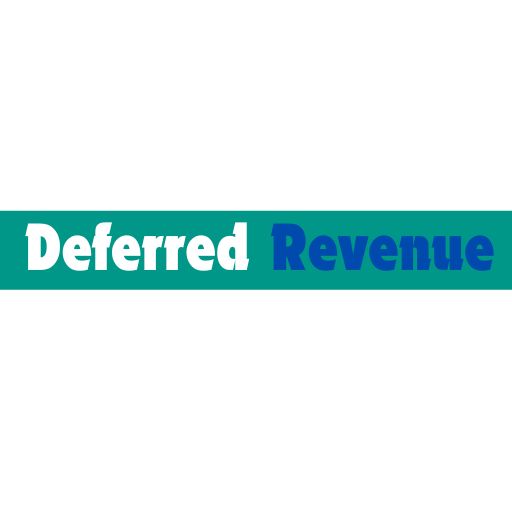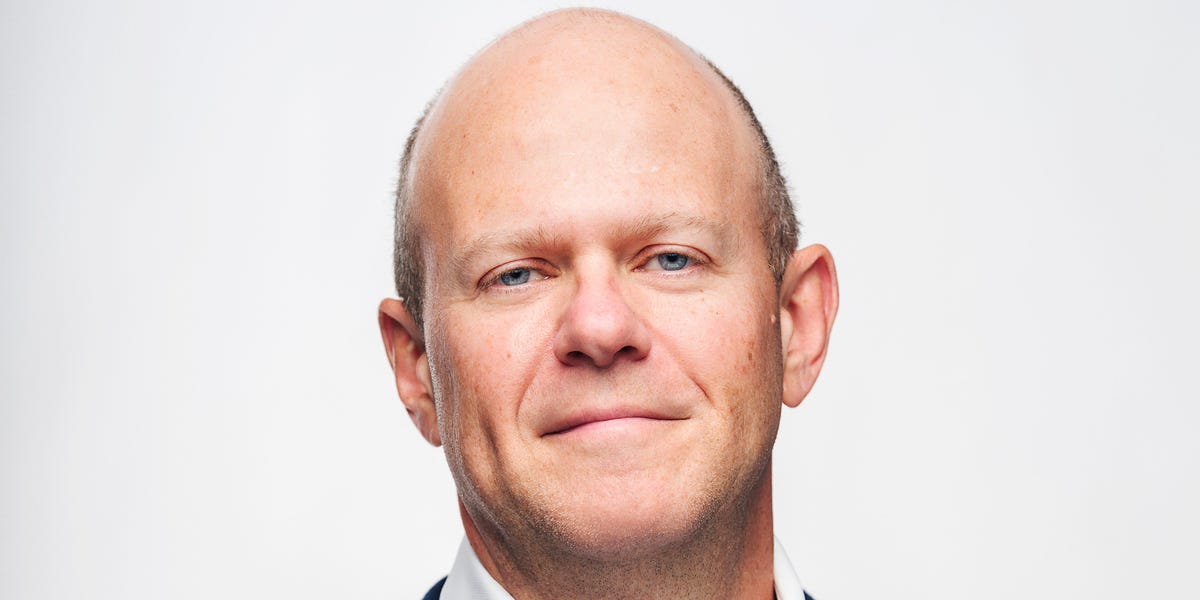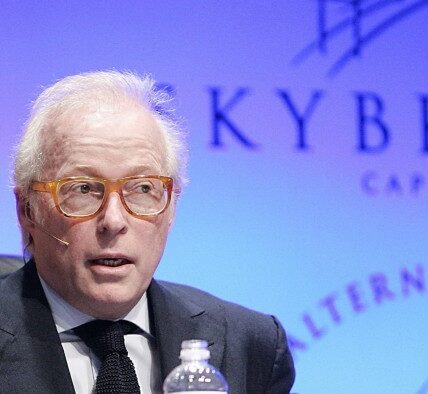(Bloomberg) — D.E. Shaw & Co. is preparing to hand back billions of dollars to external clients after two of its biggest hedge funds produced double-digit returns last year.
The firm’s flagship multistrategy Composite hedge fund gained 18% in 2024, according to a person with knowledge of the matter. Oculus, the firm’s second-biggest fund that mostly makes macro wagers, soared 36% to record its best-ever gain since its launch two decades ago, the person said, asking not to be identified because the details are private.
A majority of D.E. Shaw’s more than $65 billion in assets under management are in the two funds and the firm is expected to give back half of last year’s profits from both Composite and Oculus to clients. While the person didn’t share an exact amount, the capital return is estimated to be in the billions of dollars.
A representative for the New York-based investment firm declined to comment.
Many of the world’s largest hedge funds are not only closed to new cash but are also resorting to handing back part of their external capital every year in a bid to limit their assets for optimal returns. D.E. Shaw returned all of its 2023 profits in the two funds to clients in 2023, although gains that year were in single digits.
Last year’s gains at both the funds were positive across systematic, hybrid and discretionary investment strategies, the person added.
The Composite fund, which invests in a range of alternative strategies across asset classes and geographies, has had only one losing year since its launch in 2001 and has posted double-digit gains in 18 of the past 23 years with annualized net returns of 12.7%.
The firm’s Oculus fund, launched in 2004, has never had a negative year. It has produced 13.7% in annual net returns since inception.
Founded by David E. Shaw in 1988, the firm was one of the earliest to focus on using complex algorithms to trade, later incorporating some human-run investing, private equity and long-oriented wagers. Shaw stepped back from day-to-day management of his eponymous company in the early 2000s, leaving it in the hands of an executive committee.
©2025 Bloomberg L.P.





